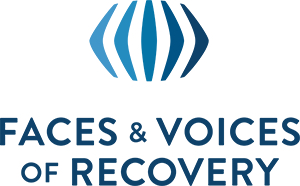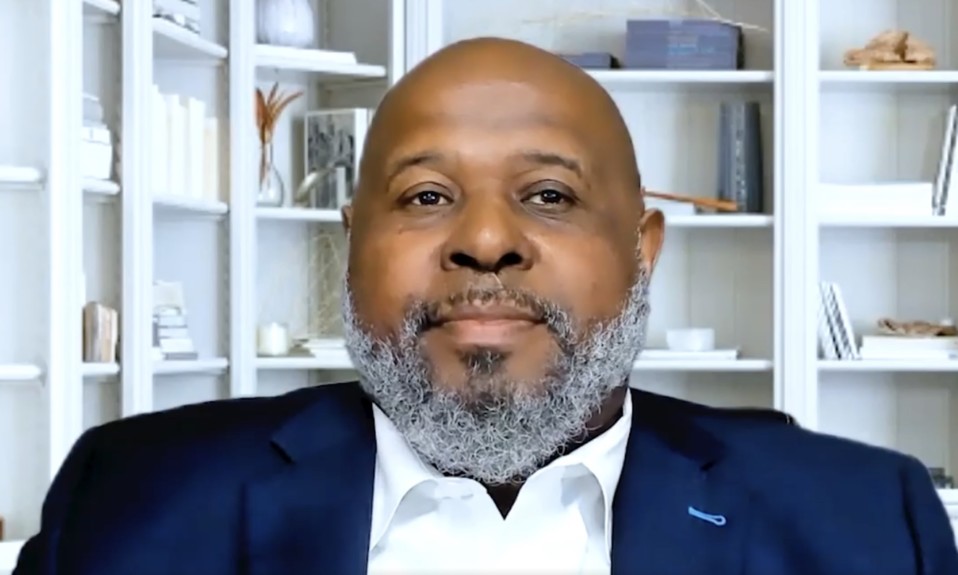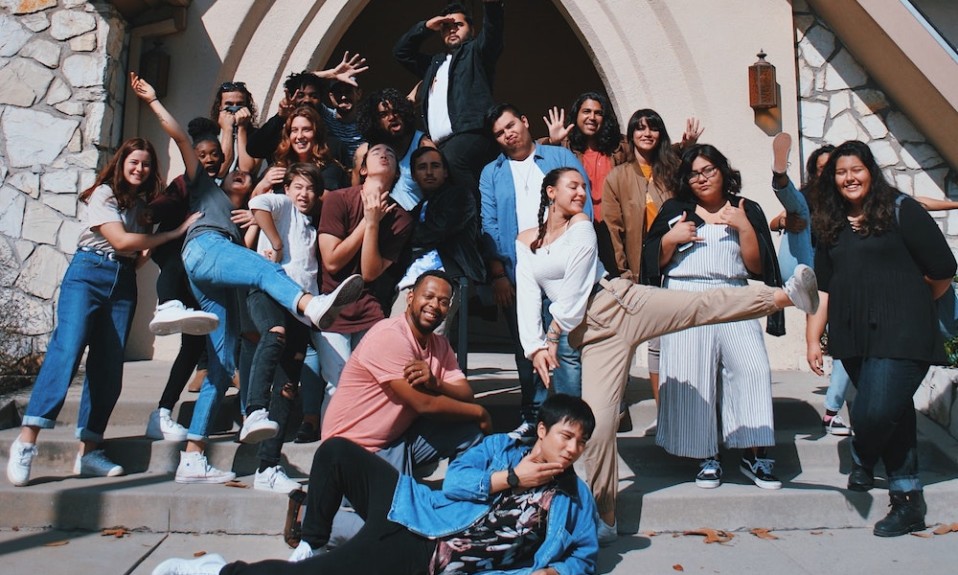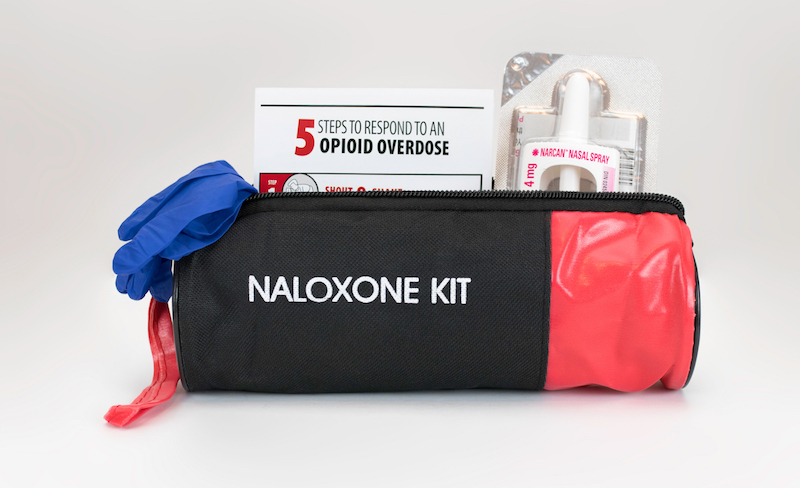Philip Rutherford’s mission is to help his organization prove that addiction treatment works
By Jenny Diedrich
Philip Rutherford is a passionate believer that peer recovery support works, and through his efforts in the recovery community, he designed a method to collect the data that proves it.
Rutherford is chief operating officer for Faces & Voices of Recovery, a Washington, D.C.-based organization with a mission to use advocacy, education and leadership to change the way addiction and recovery are understood.
Before joining the recovery community, Rutherford worked in the private sector in sales, marketing and management for companies including Microsoft and Micron Electronics. He sat on the board of a recovery community organization (RCO) in Rochester, Minn., and was persuaded to take a job with the group as director of operations. (An RCO is a nonprofit that is governed by representatives of local recovery communities.)
I spent a good period of time in the corporate world with the sense that something was missing. After a while, I got to a place where I felt like it would be more rewarding to do this work.”
—Philip Rutherford, Faces & Voices of Recovery
“I am a person living in long-term recovery, and it felt very familiar to me from my 12-step background,” Rutherford says. “I spent a good period of time in the corporate world with the sense that something was missing. After a while, I got to a place where I felt like it would be more rewarding to do this work.”
He almost immediately discovered that the state of national peer recovery support was different from his perception. “I was looking for data, and I wasn’t finding it. I was finding a lot of anecdotal data like, ‘I heard that so and so said … .’ It’s wonderful stuff, but it’s not the sort of stuff where I can go on the Hill and say, ‘I need a billion dollars because somebody said recovery works.’”
Joining Faces & Voices of Recovery
Rutherford initially connected with Faces & Voices of Recovery as a consultant working on a data platform. He is credited with a significant role in the conception, design and launch of the organization’s Recovery Data Platform (RDP). This cloud-based platform, the first of its kind, has become a valuable asset in data collection for peer-based services. It is used by about 70 organizations and includes 70,000 participant records, according to Rutherford.

“[RDP] answers the question, ‘What happens when a person engages with a peer recovery support system?’ The answer is that their overall perspective on life improves. Data supports the notion that peer recovery support works and provides leverage to request funding,” he says.
RDP is one of the four divisions, or lines of business, that make up Faces & Voices of Recovery. The others are the Council on Accreditation of Peer Recovery Support Services (CAPRSS), the only accrediting body in the U.S. specifically for RCOs; the Association of Recovery Community Organizations (ARCO), a membership program that links RCOs with local and national allies through networking opportunities; and the National Recovery Institute (NRI), a peer-operated training and technical assistance center for recovery support providers.
Advocacy in Action
All of Faces & Voices of Recovery’s lines of business are designed to support advocacy. “Everything we do is about advocacy, and to put a positive face and voice on recovery,” Rutherford says.
Not too long ago, one of the chief objections to pouring money into peer recovery support was, ‘These aren’t professionals.’ People said, ‘These are just people who are barely sober.’”
—Philip Rutherford
The organization’s divisions promote advocacy in multiple ways. For example, the NRI allows Faces & Voices of Recovery to use its knowledge and best practices to leverage advocacy work, while CAPRSS accreditation promotes professionalism among RCOs.
“Not too long ago, one of the chief objections to pouring money into peer recovery support was, ‘These aren’t professionals.’ People said, ‘These are just people who are barely sober. What do you mean you want us to give them money?’ Accreditation provides advocacy leverage,” says Rutherford.
Rutherford’s hope for the future is to help establish an RCO in every community that wants on. It’s a lofty goal, as funding only recently has started to slowly flow into this area.
“A common misconception about people with substance use disorder [SUD] is that if they want help, they’ll get it. If SUD is a disease and someone doesn’t get well on the first trip, how is it their fault? That’s because of the stigma associated with the illness,” Rutherford says. “Even for those who have access to treatment, there are people who come in and out of RCOs who will never go to treatment for whatever reason. The only help they will ever have access to is peer support. We need a support system for them so they don’t end up in emergency rooms or in the criminal legal system.”














Hi! I could have sworn I’ve been to this website before but after going through many of the posts I realized it’s new to me. Anyways, I’m certainly happy I came across it and I’ll be book-marking it and checking back regularly!